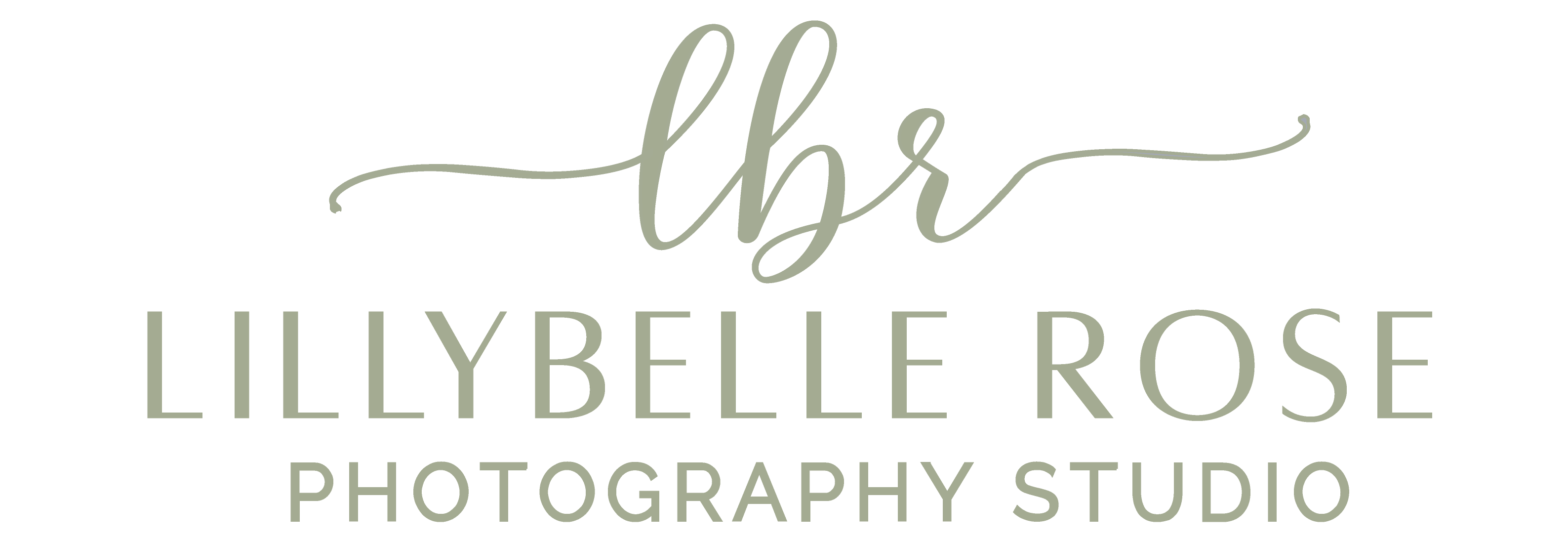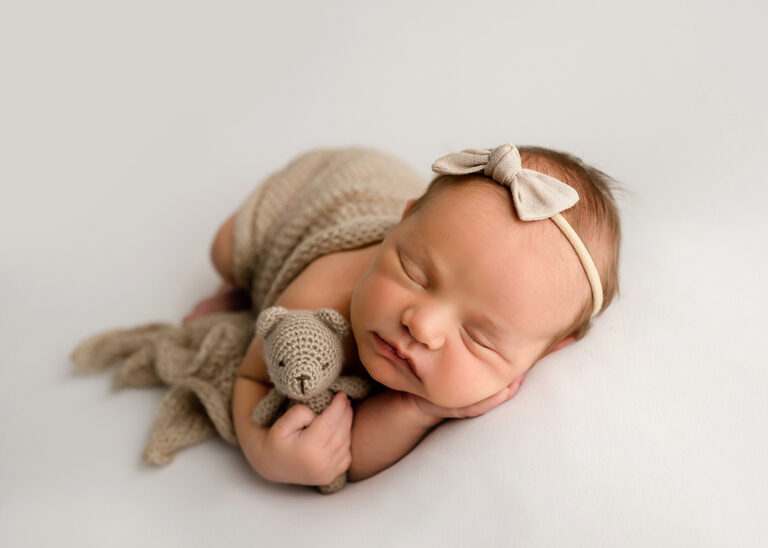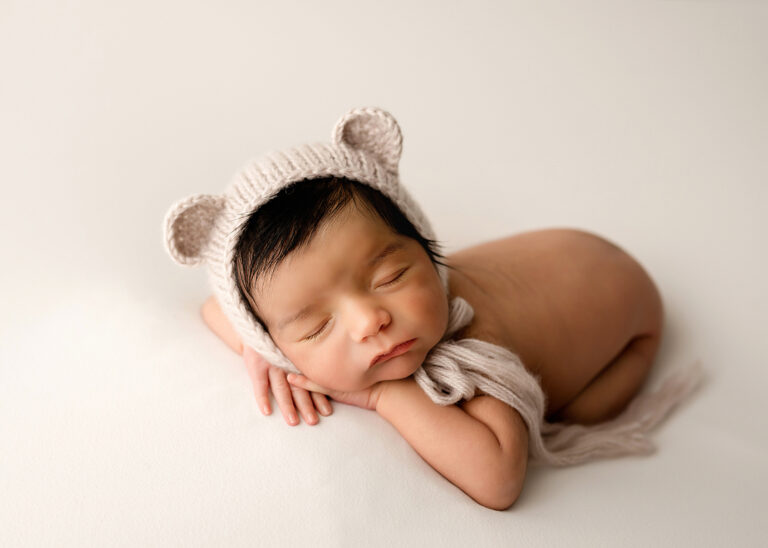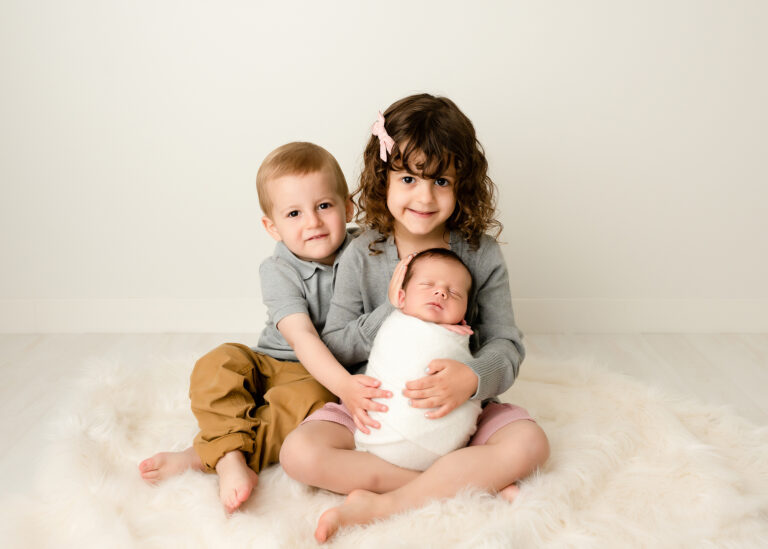Is it possible to prevent your child from developing allergies?
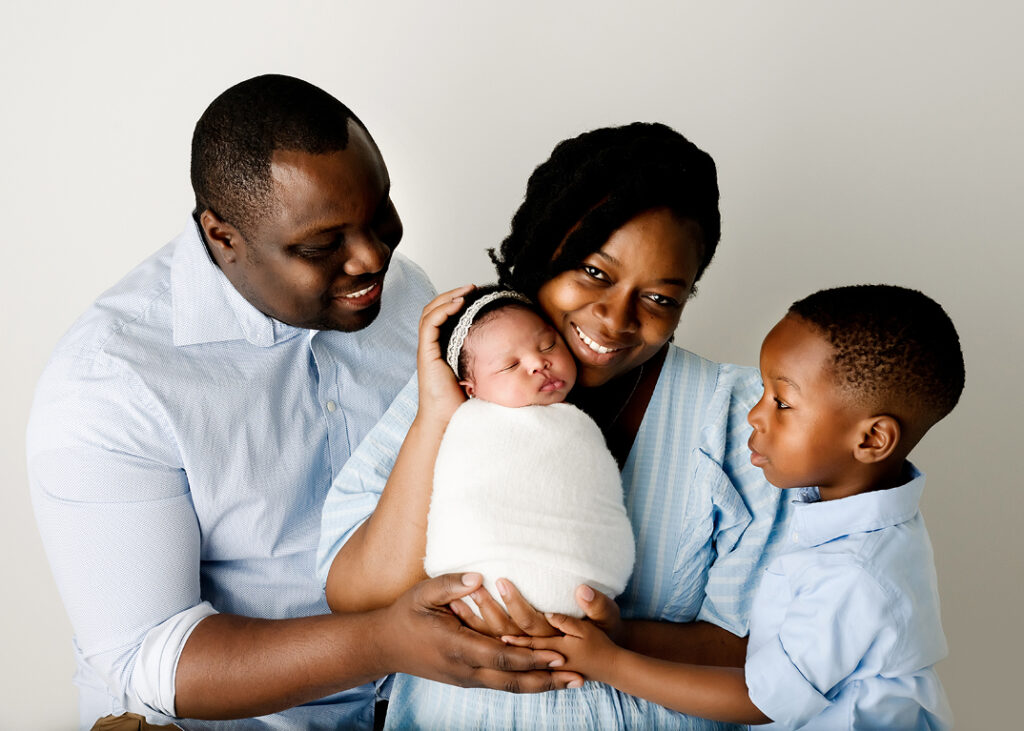
Food allergies are on the rise in the United States, and babies are one of the groups most affected. A recent study found that food allergies in children have increased by 18 percent since 1997, and now affect about one in every 13 kids. That means more than two million American children have food allergies, and why you may be here seeking information on preventing allergies in your baby.
This is a serious problem for families because when a child has a food allergy, it can be very challenging to keep them safe and healthy. There is no cure for food allergies, so the only way to manage them is by avoiding the foods that trigger an allergic reaction.
Are there things you can do while you are pregnant and during your baby’s early days to potentially prevent food allergies in your child? According to two new studies, there are! Researchers are finding that what you eat during your pregnancy, how you deliver your baby, and how you feed your newborn during those early days can impact your baby’s chances of developing food allergies.
A study published in the journal Annals of Allergy, Asthma & Immunology, looked at more than 6,000 pregnant women and found that those who eat a diet rich in omega-3 fatty acids during pregnancy may reduce their child’s risk of developing allergies.
“This is a very compelling study that shows there may be something pregnant women can do to help prevent their children from developing eczema and other allergies,” said Dr. Matthew Zirwas, a professor of dermatology at Ohio State University and a co-author of the study.
So what are some foods high in omega-3 fatty acids? Think salmon, tuna, walnuts, chia seeds, and flaxseeds.
Another allergy study was conducted on more than 150,000 children. Researchers studied children with allergies, hay fever, eczema, and asthma. They found that those children who were born vaginally as opposed to c-section suffered from fewer allergies.
Researchers also discovered that breastfeeding your baby during those early days can also reduce your baby’s allergy risk and potentially the severity of allergies too.
“We found vaginal delivery was associated with a reduced rate of development of allergic conditions,” said Dr. David Hill, an allergist and the lead author of the study. “While a mother can’t always control the way her baby is delivered, exclusive or supplemental breastfeeding may be helpful in reducing the rate of onset and overall burden of allergies in children,” Hill added.
In addition to eating foods high in omega-3 fatty acids during pregnancy, research shows that Vitamin D deficiency both during pregnancy and your baby’s first year of life has been linked to an increased risk of food allergies. You can increase your body’s intake of vitamin D by
– Spending time outside in the sun
– Eating foods high in Vitamin D, such as salmon, tuna, eggs and dairy products
– Taking a vitamin D supplement
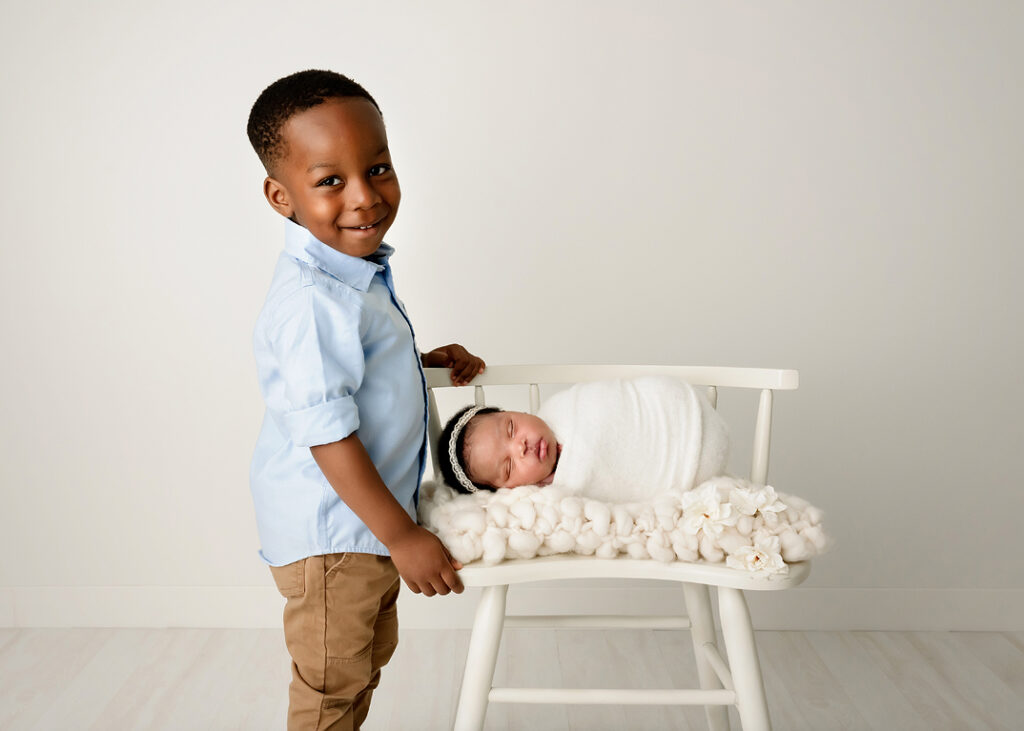
Introducing Allergens Early in Baby’s Solid Food Journey
Once your baby is ready to start eating more than just breastmilk or formula, the next question many parents have is whether avoiding those high-allergy foods is beneficial. Doctors used to think so, and would encourage parents to delay foods like eggs, dairy, seafood, and nuts until children were 2-3 years old. But that’s not the recommendation anymore.
A study published in the New England Journal of Medicine involved more than 1,000 3-month-old babies who were exclusively breastfed. The babies were divided into two groups. The parents of one group were told to give the babies only breast milk for six months, as has traditionally been recommended by the American Academy of Pediatrics. The parents of the other group were told that they could give their baby any solid foods they want starting at 4 months old in addition to breastfeeding.
Less than half of these parents were able to actually get their babies to eat some of the foods known to cause allergies. However, those babies who did eat some of those allergy-triggering foods showed fewer food allergies when tested between ages 1 and 3 years.
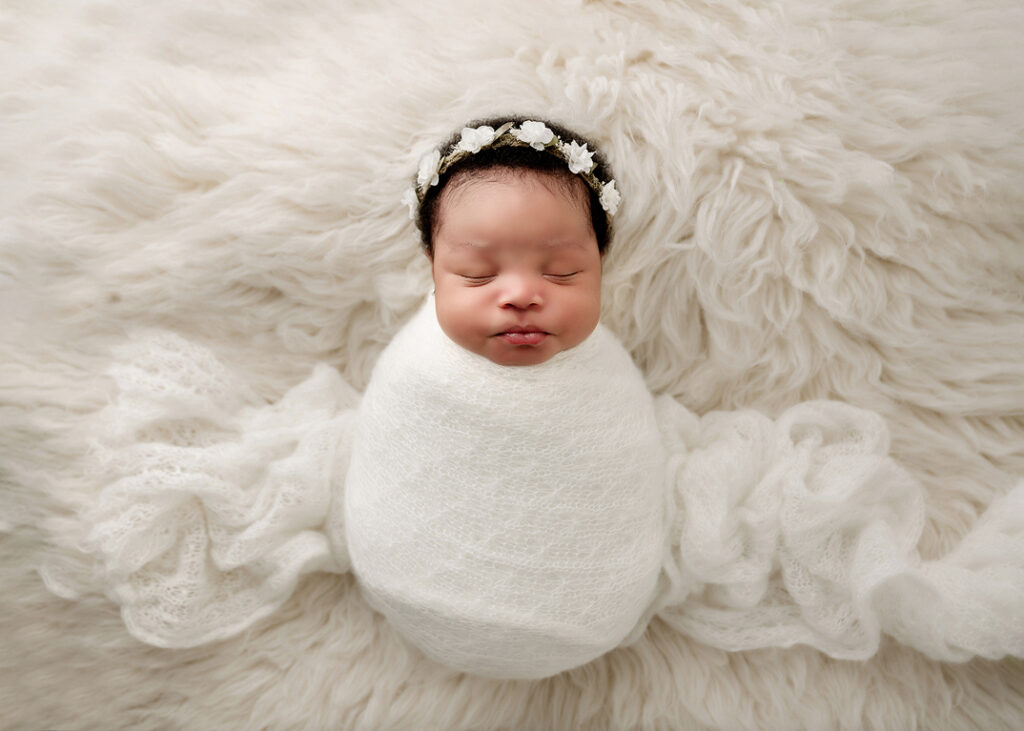
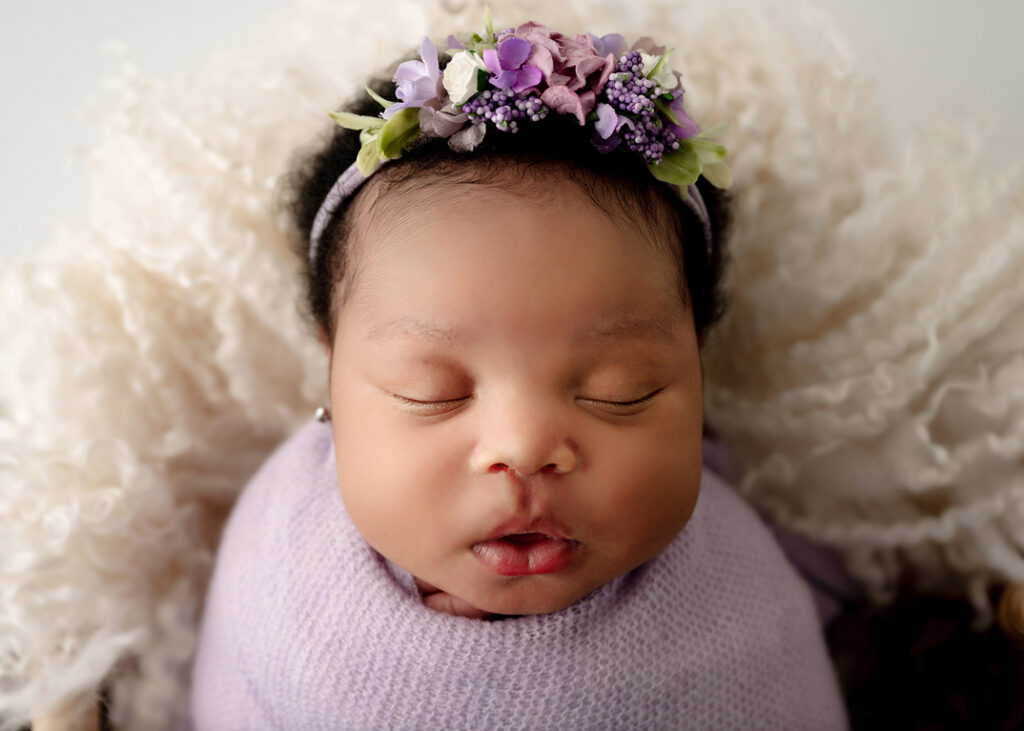
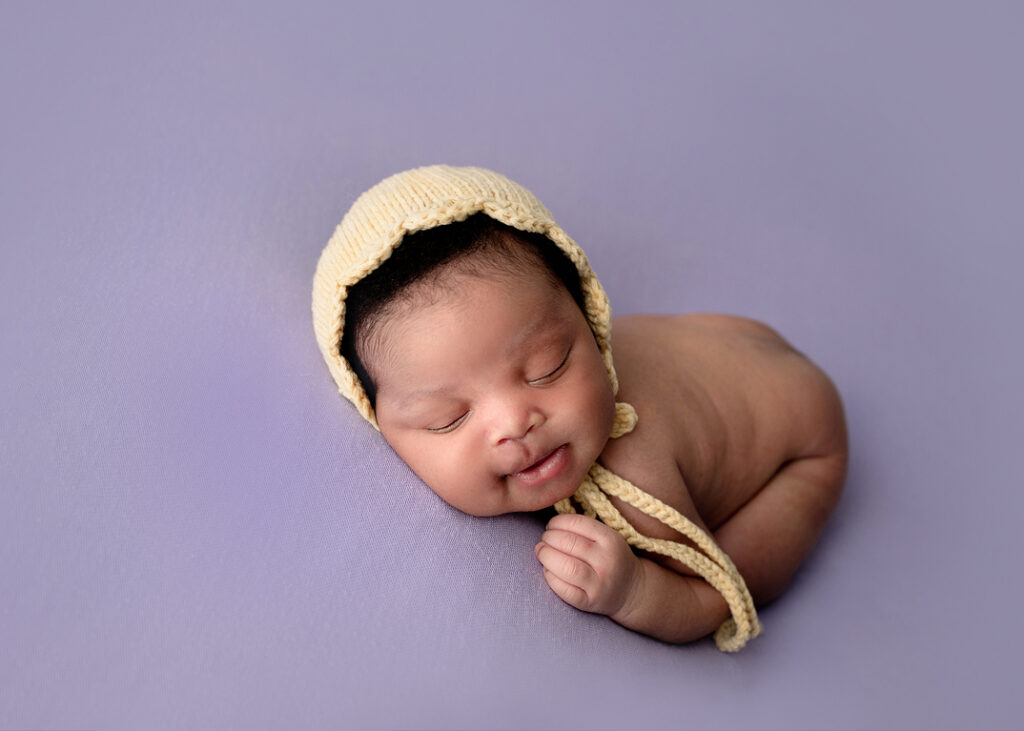
Moms Share Tips for Dealing with Food Allergies in Children
Not a day or meal goes by that I don’t think about it. My 14-year-old twins both have food allergies and finding the right mix of safety and living your life is key. Education on how and when to use the epi-pen is a MUST as is educating those around you. Both of my kids have gone through oral immune therapy which has been amazing for me and their stress levels. ~Melanie
Keep allergens out of the house. Prepare all your own food. No package or processed food. We’ve been doing this for 10 years. It takes time and work. Also, teach them from the start of their allergies to never accept food from others. Our littlest was three when she was diagnosed. We were very strict with her foods and she’s doing great now – has only had two anaphylactic allergies. When she was younger we did no restaurants and no outside food. She’s better now and we can navigate it better when we travel. I also have a teen with anaphylactic food allergies. It’s been a long journey. ~ Erica
My youngest was diagnosed at 15 months with egg, peanut, and tree nut allergies. He was an early talker, so by age 2, he could say what he was allergic to. We had him order his food at restaurants informing the server of his allergies. If anyone handed him food, he would ask the ingredients and inform them of his allergies. Of course, I was there to guide. But I had him at an early age own it and take control. ~ Andrea
We check everything! EVERYTHING! My son has a pea, fish, and tree nut allergy. You wouldn’t believe the number of things that have pea protein in it! Some of our big surprises were some cookies and donuts. If we are invited places, I get the menu in advance so I know if I should pack him food or not. I let the people in his life know about his allergy and what to do if he has a reaction and I’m not around. ~ Nicole
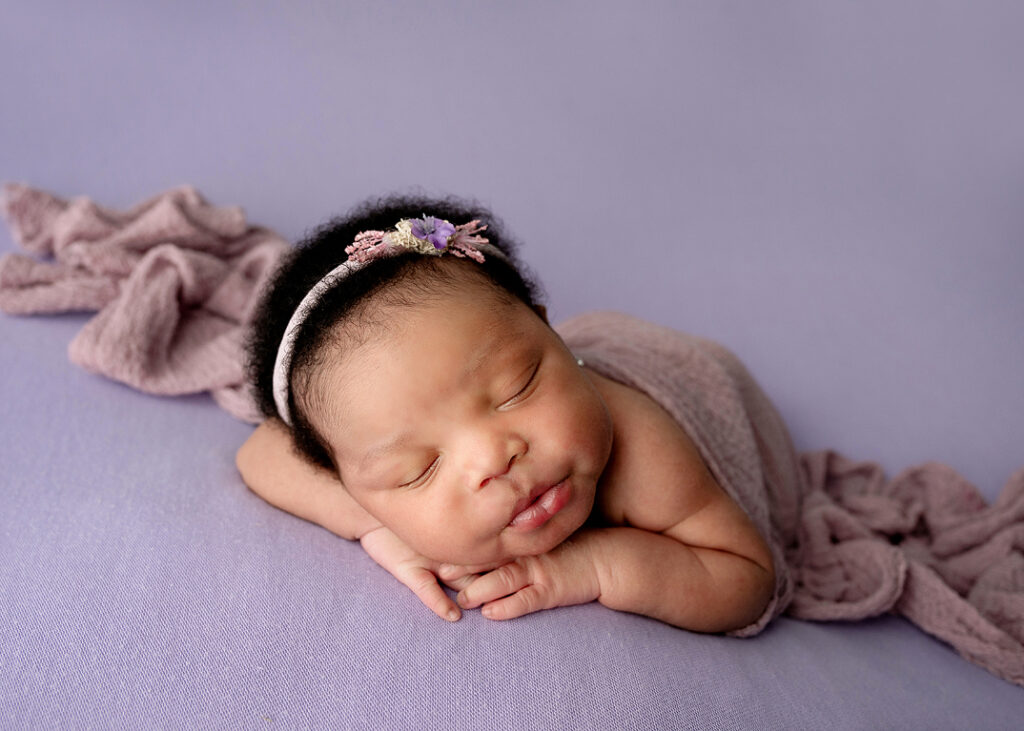
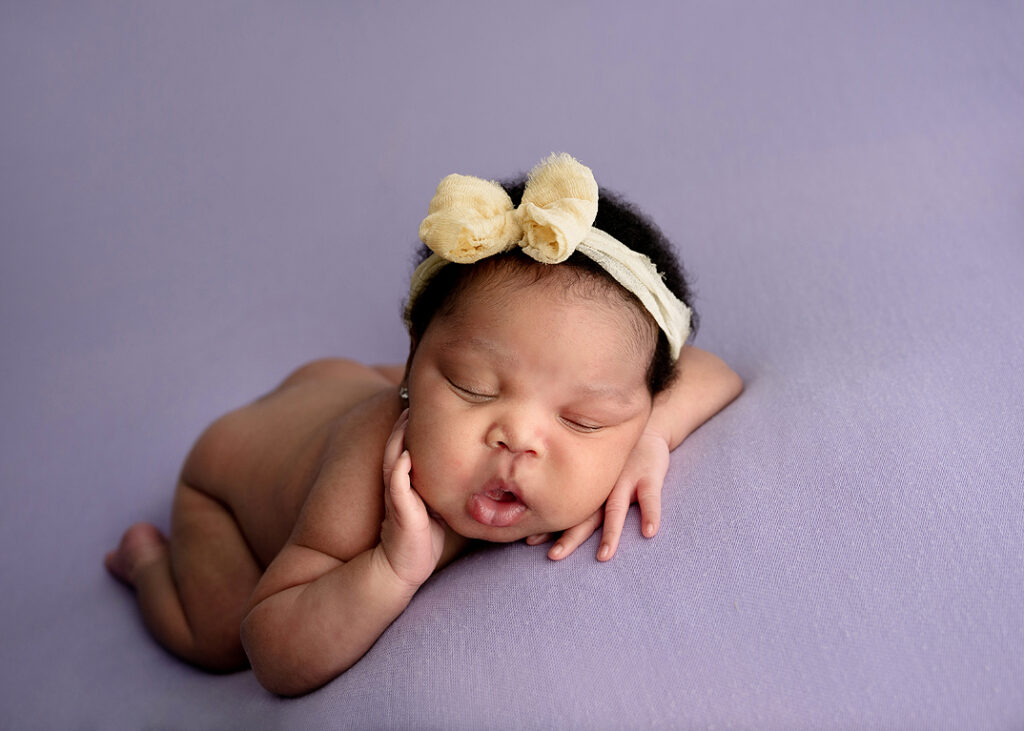
Lillybelle Rose Photography has been voted the “Best of” newborn photography studios since 2016. You can find everything you need to know about a newborn portrait session or baby photography on the website at www.lillybellerosephotography.com. For your convenience, here is a direct link to the newborn session information and investment page: https://www.lillybellerosephotography.com/chicago-newborn-photography
